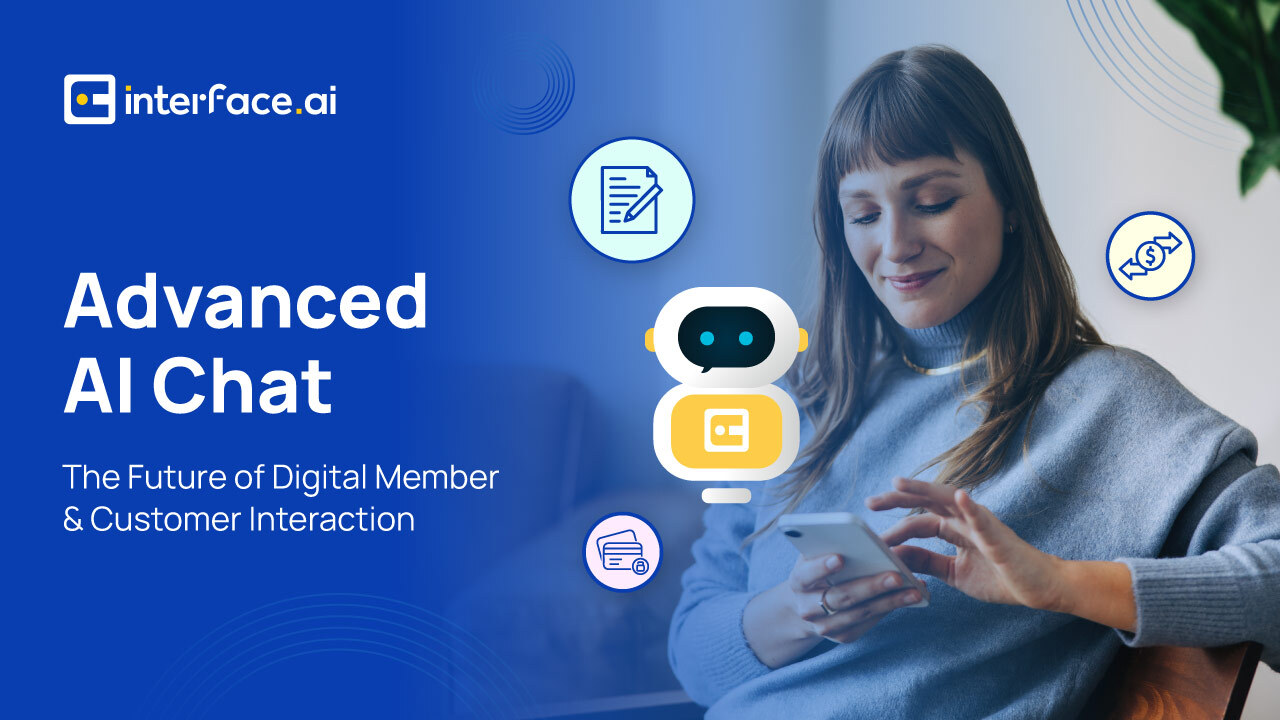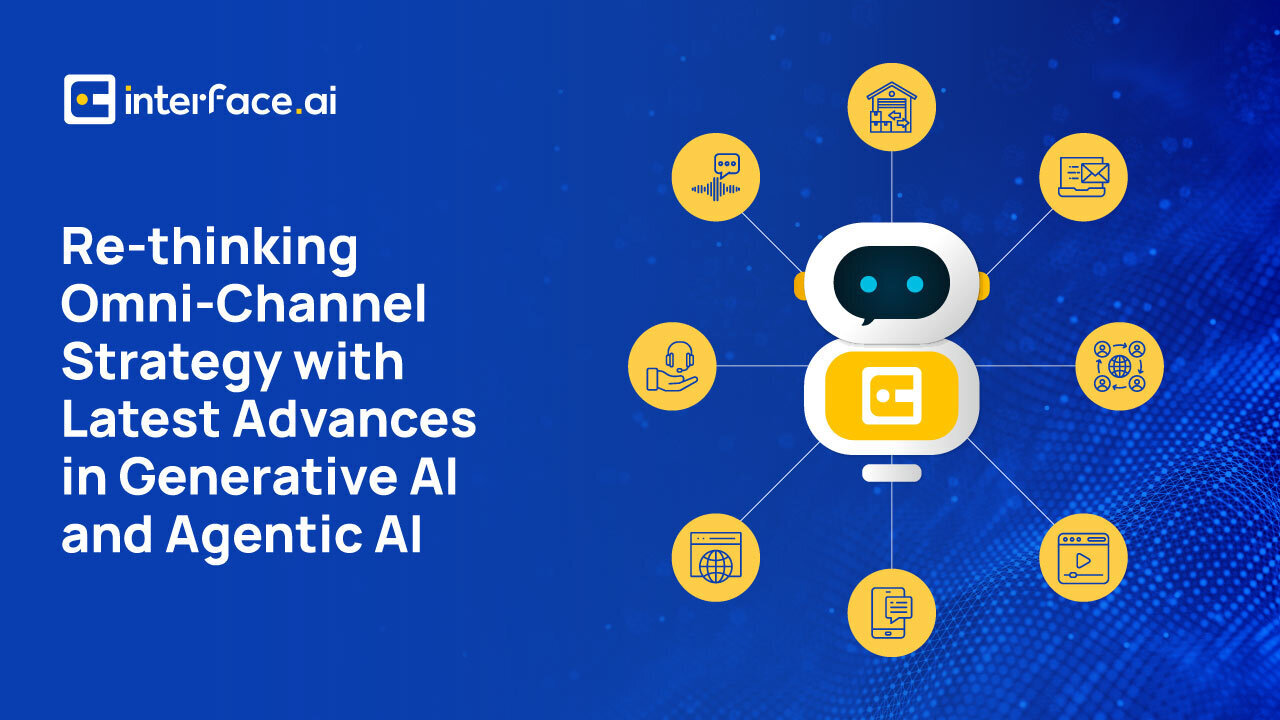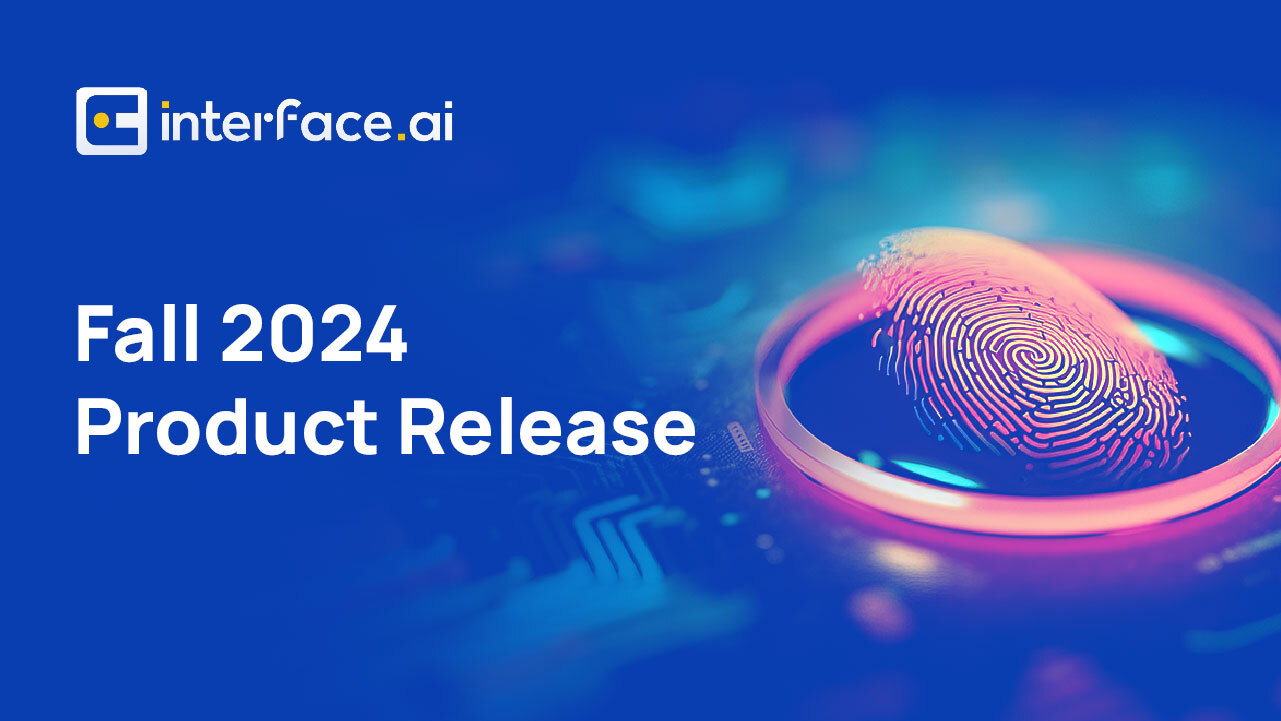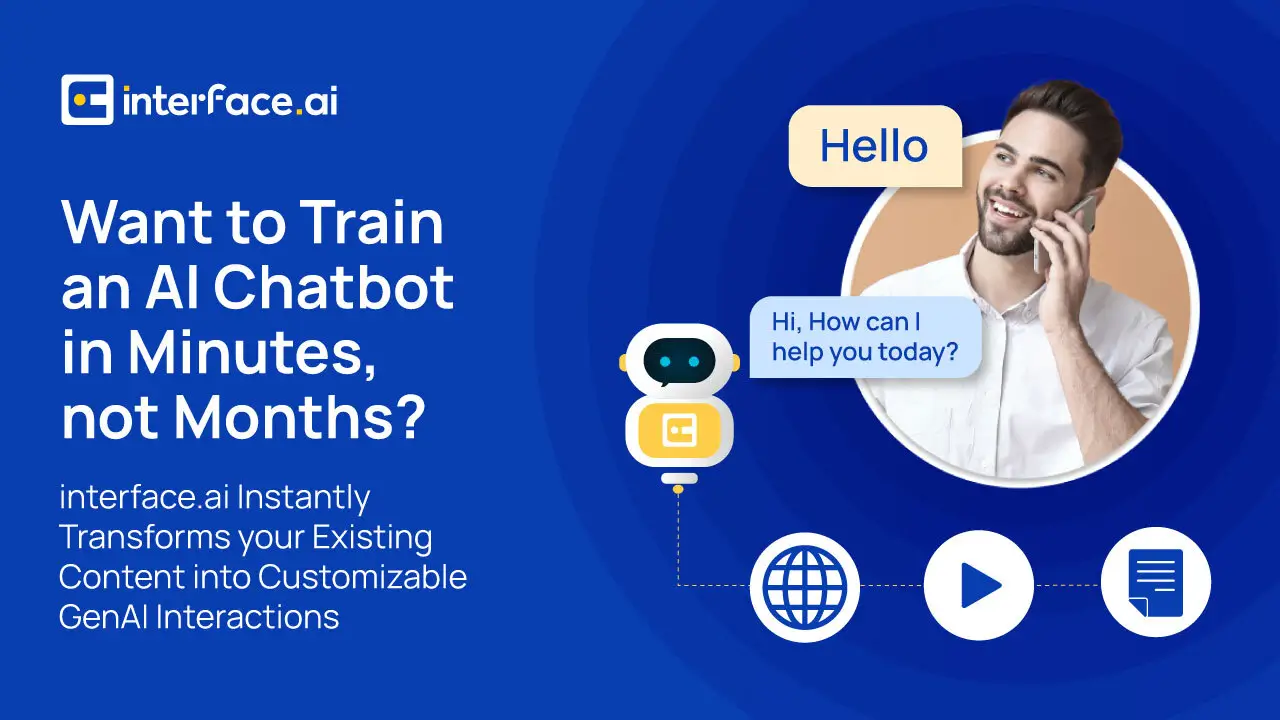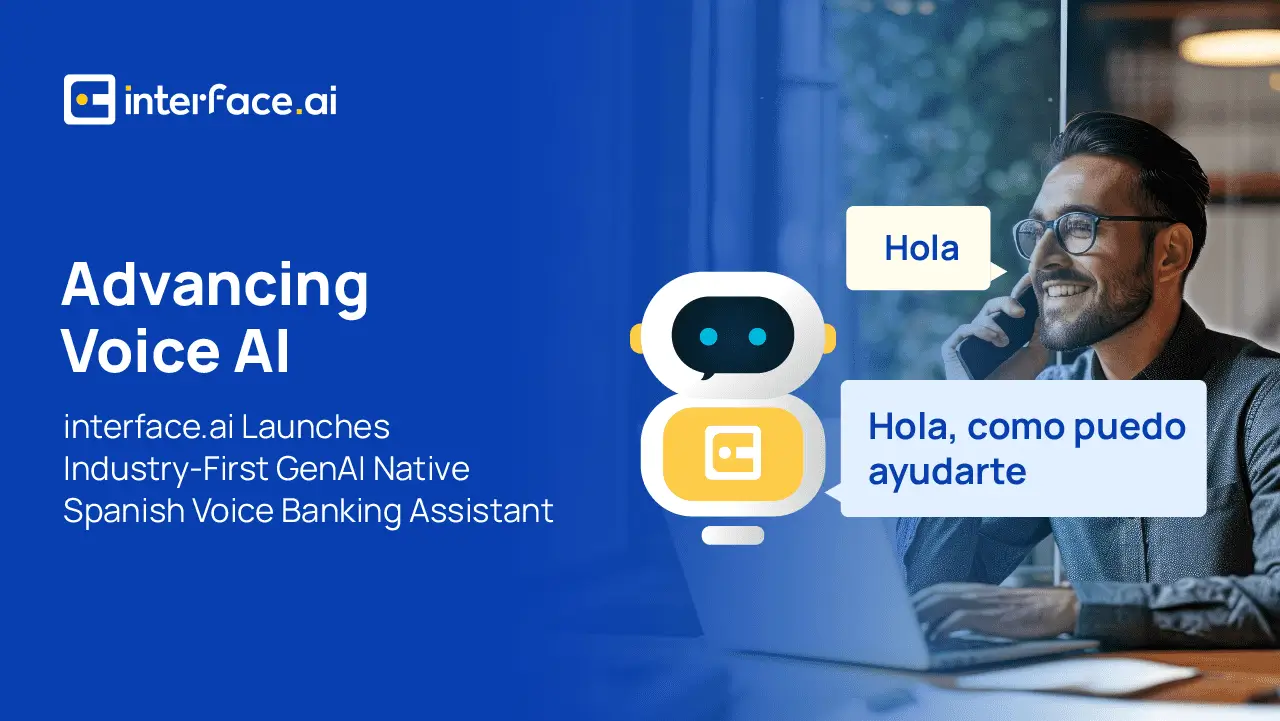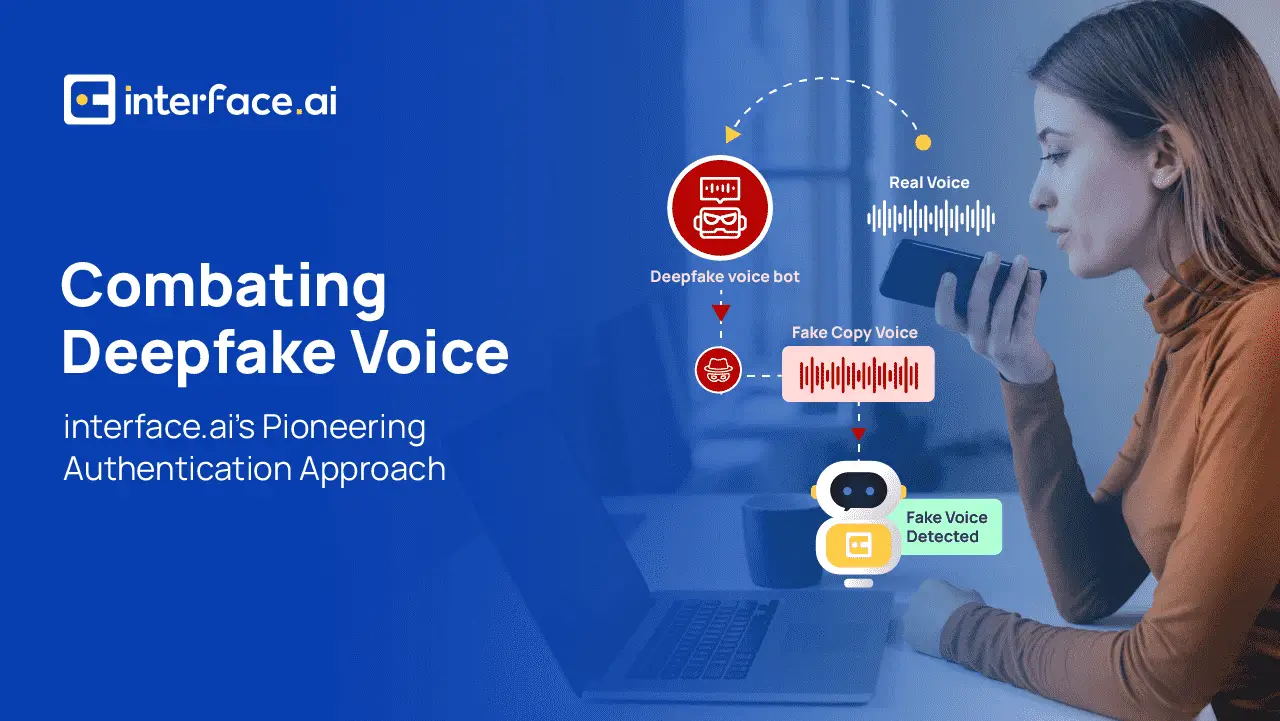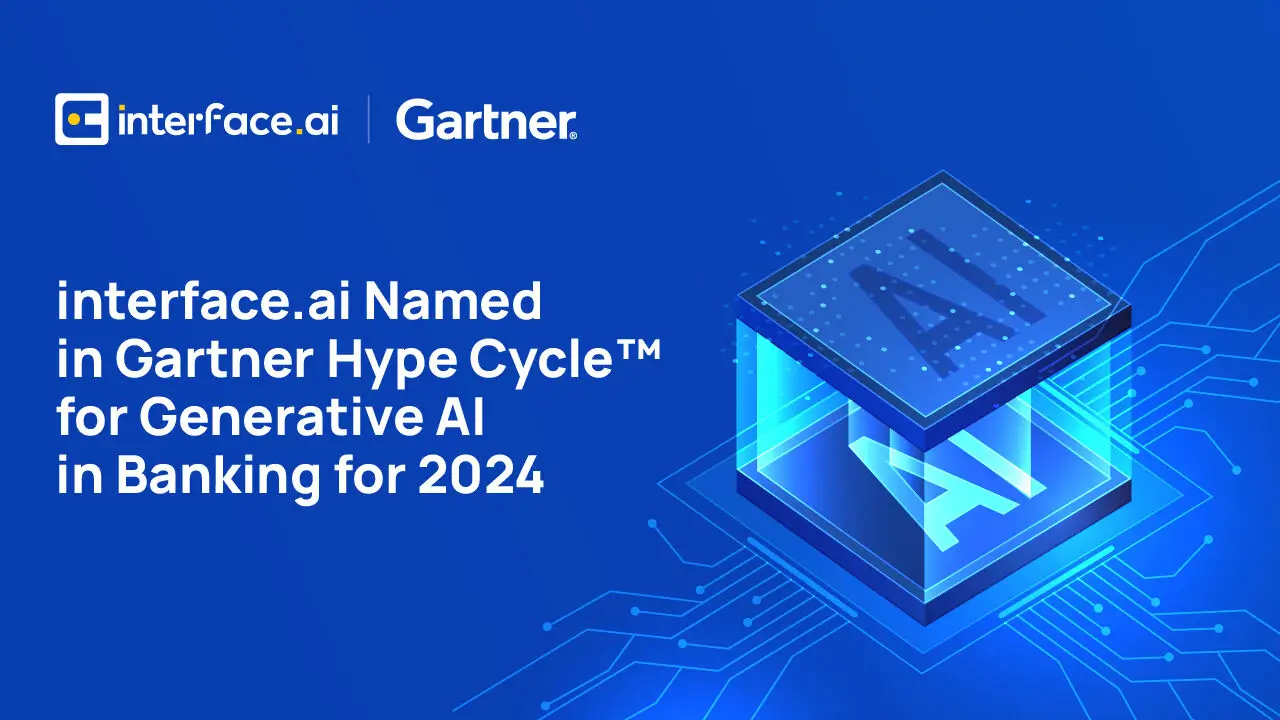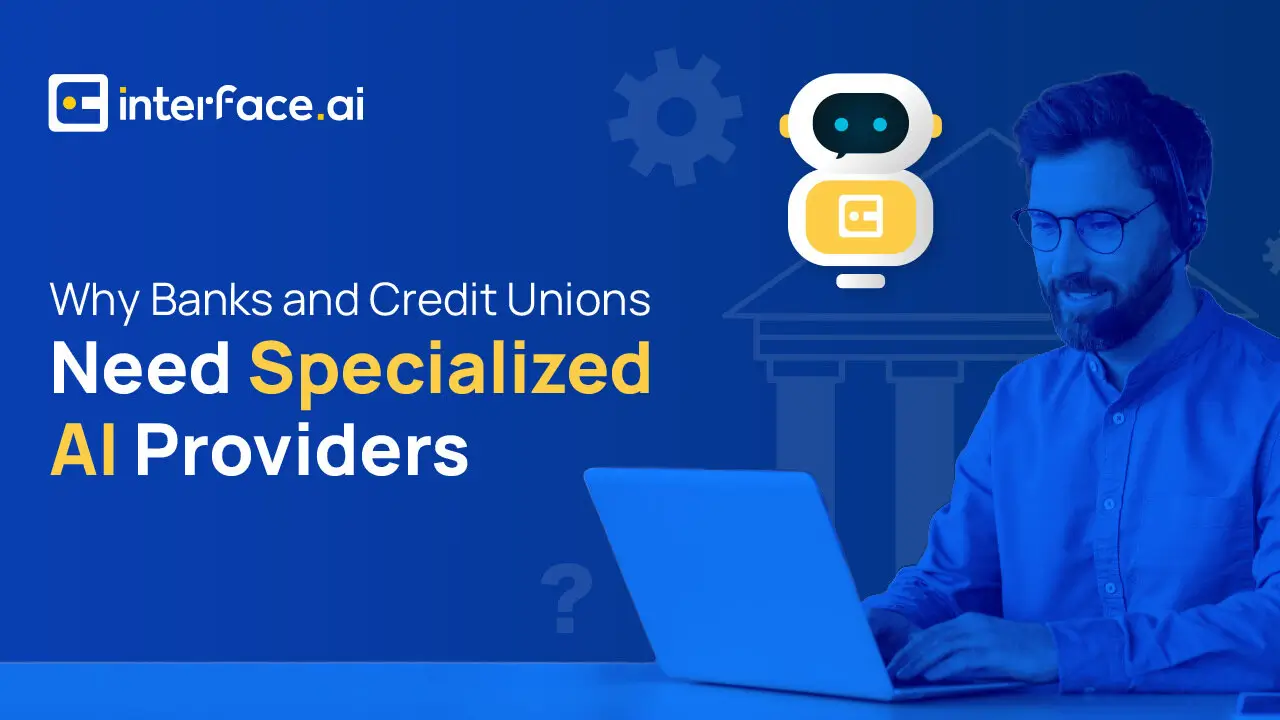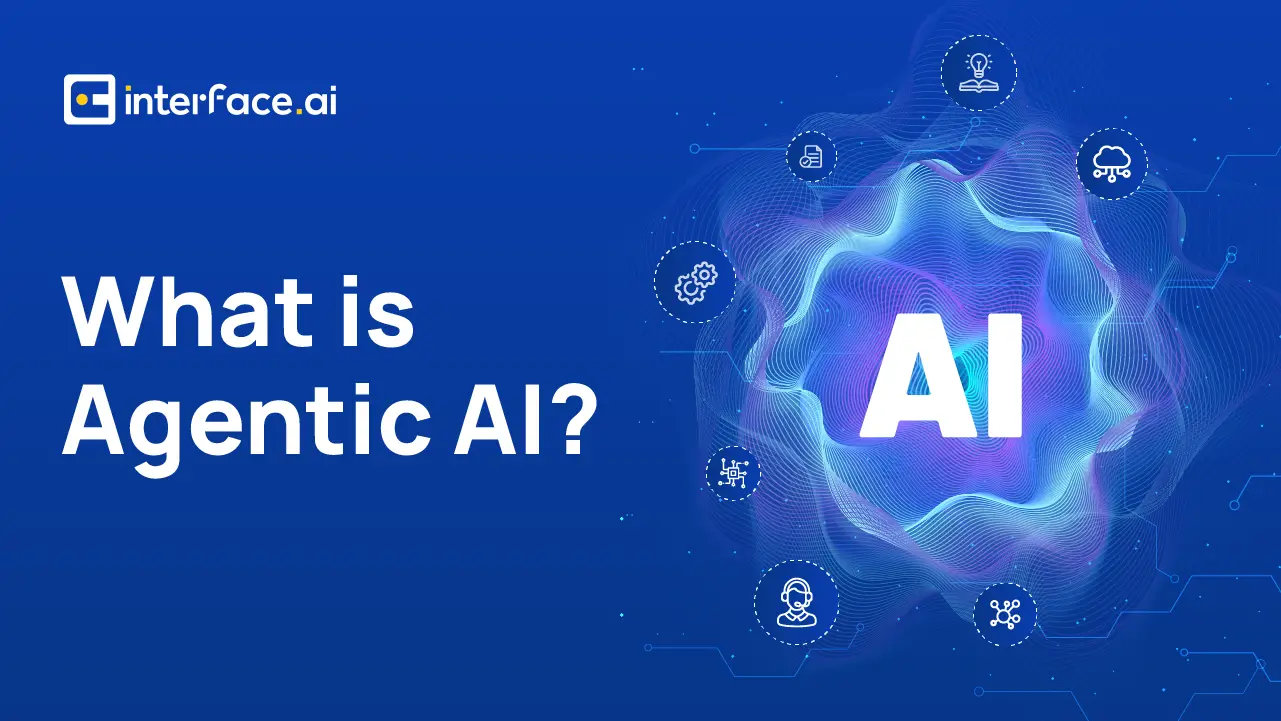
Agentic AI Explained: Definitions, Benefits & Examples of AI Agents
Artificial intelligence has taken significant strides in recent years, but the next evolution is here: Agentic AI. Unlike traditional AI, which reacts to commands, Agentic AI operates autonomously, analyzing data, making decisions, and taking proactive actions without human intervention. This shift enables AI systems to optimize processes, improve decision-making, and enhance user experiences in real time.
But what exactly is Agentic AI? Let’s explore its definition, benefits, and real-world Agentic AI examples to see how organizations are leveraging this cutting-edge technology.
The origins of Agentic AI
The concept of Agentic AI is rooted in psychology. Albert Bandura, a renowned psychologist, introduced the idea of human agency, focusing on how individuals shape their actions and influence their environment. His research on self-regulation, foresight, and proactive behavior helped inspire AI systems that mimic autonomy and decision-making.
Early AI agents were rule-based, executing tasks within a predefined scope. They lacked the ability to reason, adapt, and make independent decisions. However, advances in machine learning, deep learning, and reinforcement learning have transformed AI into autonomous, self-improving agents.
Today, Agentic AI represents a major breakthrough—evolving from reactive AI systems to highly intelligent AI agents that can handle multi-step tasks, make complex decisions, and continuously improve their performance.
What is Agentic AI?
Agentic AI refers to a new class of artificial intelligence systems designed to act with autonomy, making decisions and taking actions without direct human intervention. These AI agents are capable of processing vast amounts of data, reasoning, and adapting to real-time changes in their environment. The evolution from traditional AI to Agentic AI signifies a leap forward in how systems can handle complex tasks, such as reasoning, planning, and learning from experience – much like a human agent.
What sets Agentic AI apart is its ability to break down complex tasks into manageable steps, a process known as chaining. For example, in the context of personalized loan management, an AI agent could autonomously manage the entire loan process for a customer. It wouldn’t simply approve or deny a loan application. Instead, it would analyze the customer’s financial history, predict future cash flow, adjust repayment terms based on market interest rates, and proactively offer refinancing options if better terms become available. All of this happens in real time without requiring manual oversight, allowing the customer to receive a tailored, optimized experience from start to finish.
Key features of agentic AI:
- Autonomous decision-making: These AI agents analyze real-time data and execute decisions aligned with predefined objectives.
- Adaptability: They evolve based on changing circumstances, learning from their environment without constant human intervention.
- Self-improvement: Using methods like reinforcement learning, agentic AI agents improve their performance over time, learning from past experiences.
“When it [agentic AI] is done well, everyone wins: Businesses save on costs, while consumers more easily find exactly what they need.” – Mark Abraham, Managing Director, Boston Consulting Group
Defining what qualifies as truly ‘agentic’ isn’t yet completely straightforward. While many systems display agent-like qualities, they may not yet be fully autonomous.
Agentic AI in the news
Agentic AI is rapidly gaining momentum and attracting significant investment from major tech companies. Industry giants like Google, Meta, Microsoft, Amazon, and OpenAI are all actively developing AI agents that can think, make decisions, and adapt autonomously in pursuit of goals.
OpenAI, for example, is working on an advanced AI project code-named “Strawberry.” Cisco’s VentureBeat AI Impact Tour recently spotlighted agentic AI as “the next giant leap forward” in the AI revolution, highlighting its transformative potential. Amazon has also taken a significant step by striking a licensing deal with Adept, a company already marketing agentic AI tools, signaling increasing commercial interest in this emerging technology. As companies pour resources into developing and refining agentic AI, its role in driving future AI advancements is becoming ever more prominent.
Agentic AI examples in financial services
interface.ai is leading the way in applying Agentic AI to financial services, providing intelligent AI agents that enhance customer experiences, streamline banking operations, and improve fraud detection. Here are just a few real-world examples of AI agents that interface.ai’s solutions offer:
1. Personalized AI Financial Advisors
interface.ai’s AI agents act as virtual financial advisors, offering proactive financial guidance to customers. These AI systems analyze a customer’s financial history, behavior, and goals to provide personalized investment suggestions and financial planning advice.
Example: If a user sets a goal for saving toward a major purchase or investment, interface.ai’s AI agents monitor progress and adjust recommendations based on real-time data—automatically suggesting changes to the savings strategy or portfolio allocation without human intervention.
2. AI Agents for Cross-Selling & Upselling
interface.ai’s AI agents autonomously identify and act on cross-sell and upsell opportunities, helping financial institutions offer highly relevant products and services.
Example: Based on a customer’s spending patterns and credit score, the AI may suggest a more suitable credit card or offer an upsell on a loan with better terms, improving customer satisfaction and revenue generation.
3. Autonomous Fraud Detection & Prevention
Fraud detection is one of the most critical areas in financial services, and interface.ai’s AI agents are equipped to autonomously monitor, detect, and prevent fraudulent activities in real time.
Example: AI agents analyze transaction patterns, flag suspicious behavior, and take immediate action—whether it’s freezing an account or notifying the customer—all without human intervention. The AI continuously learns from new data, evolving to spot even more sophisticated fraud attempts over time.
4. AI-Powered Customer Service Agents
interface.ai’s customer service AI agents go beyond simple chatbots—they autonomously manage complex interactions and guide customers through various processes.
Example: A customer applying for a loan interacts with an AI agent that:
- Assesses creditworthiness
- Recommends the best loan option
- Prepares the application automatically
- Guides the customer through the process—all autonomously
This reduces friction in customer interactions and ensures a more efficient service experience. The AI agents evolve and improve with each interaction, learning from past experiences to provide even more accurate and helpful support over time.
Wrap-up: The Future of Agentic AI
Agentic AI represents a new frontier for financial services. From personalized financial advisors to customer service agents, fraud detection, and loan approvals, interface.ai’s AI agents are at the forefront of this revolution – offering financial institutions the ability to deliver highly personalized and dynamic services at scale.
interface.ai’s AI agents don’t just react – they anticipate needs, provide tailored advice, and autonomously guide individuals toward long-term financial wellness. Get in touch with our AI experts today to learn more.
Discover the Latest Insights on Interactive Intelligence for Banking Newsletter
Join the newsletter to receive the latest updates in your inbox.
